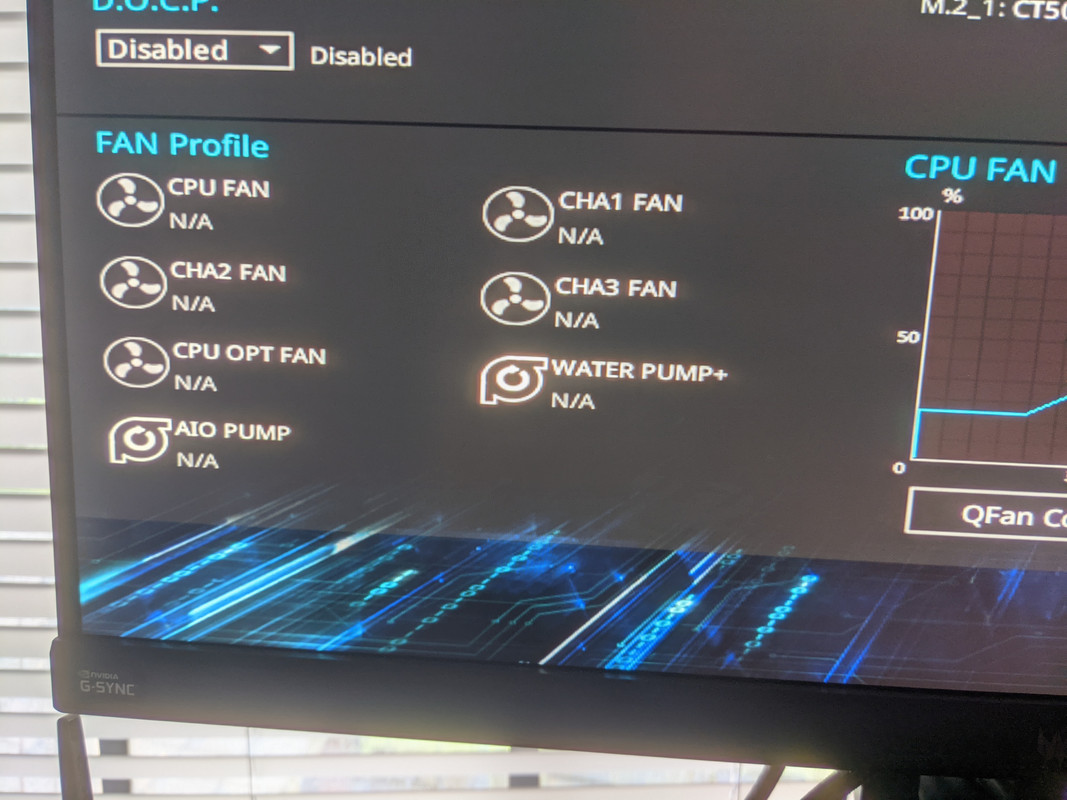As the title says, I'm encountering a strange issue. My PC has worked fine since I built it in late 2019, and this is it's first big issue. Seemingly overnight, the CPU fan has stopped functioning. I see it start to spin upon power up, then it just stops. Sometimes it tries one more time, but it always stops and never spins again unless I turn it off and on again, only to fail again. This causes the CPU Fan Error message to appear. I've tried cleaning the entire PC, I've replaced the fan itself, and I've tried resetting the BIOS settings. Nothing has worked. Other than this problem, the PC has no issues. Every other fan works, the lights are on, and the PC recognizes every component, except for the CPU fan. What should I do?
Specs:
CPU: Ryzen 7 3700x
CPU fan: Noctua NH-D15S chromax.Black
GPU: RTX 2080 TI
RAM: Corsair Vengeance RGB Pro 32g (4x8)
Motherboard: ASUS Prime X470-Pro
Specs:
CPU: Ryzen 7 3700x
CPU fan: Noctua NH-D15S chromax.Black
GPU: RTX 2080 TI
RAM: Corsair Vengeance RGB Pro 32g (4x8)
Motherboard: ASUS Prime X470-Pro


